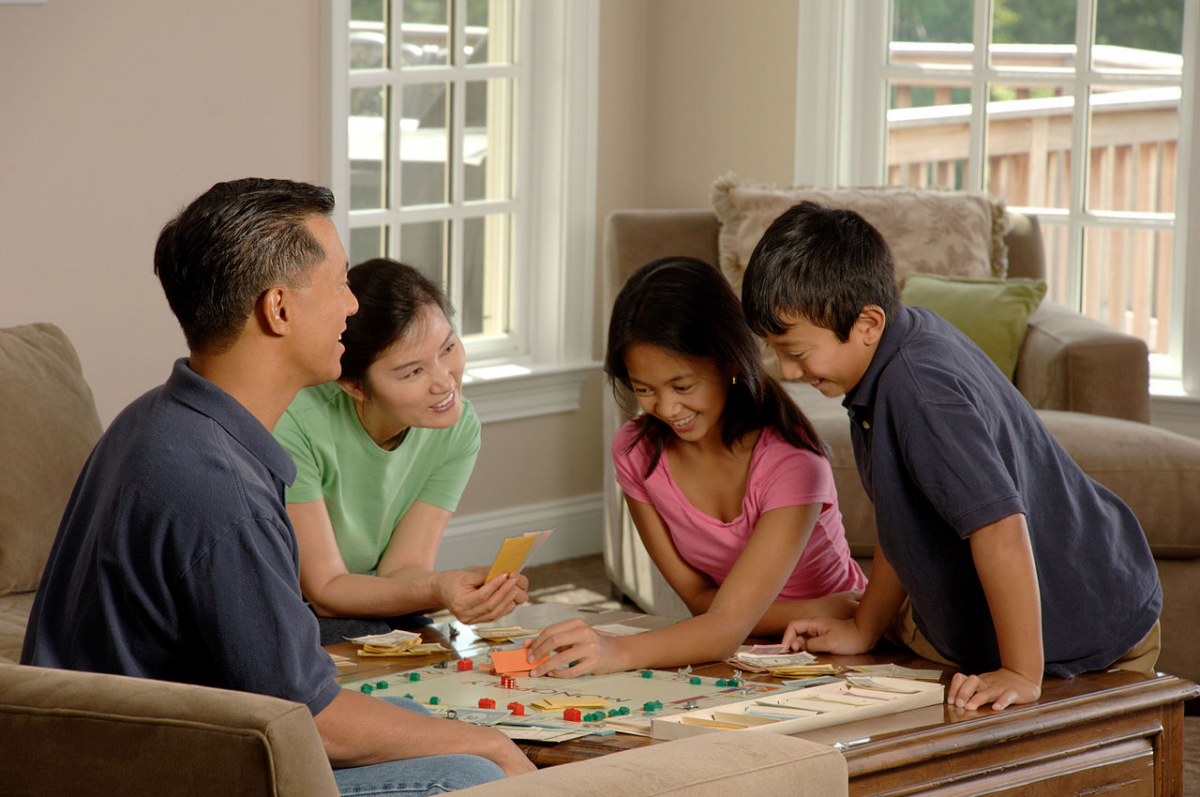16 Ways How You Might Be Possibly Ruining Your Relationship With Your Child! (3 of 3)
Advertisement
You spending most of your time together in correcting everything they do

Discipline and rules are vital for the wholesome development of a child, but burdening them with too much of the same shall only add to them a feeling that whatever they do, it just does not please you! For such, Mendez calls out that consistently focusing only on your belief of what your child might be doing wrong shall result in a downgrade of your relationship with them and suppressing trust. Do not show too much stubbornness in places where they are not required, like whether your 8-year-old child goes to bed on time or not. Instead, work on enforcing only those rules that you believe most strongly in.
Not knowing who their friends are

To befriend your child, be aware of the things that most concern them, one of which is their friends. This seemingly insignificant detail bridges that gap that might be existing between your world with them and their world that they create outside, for themselves. It also helps to get an insight into who and what your child is influenced by, which kind of people matter in their life, their habits outside the house, et cetera. Knowledge of your child’s friends should top the list of things you need to do to facilitate your relationship with them.
Rarely having meals together

A family having its meals together is the supreme sign of oneness, as they not only foster a parent-child relationship, but also inculcate healthy food habits, communication skills amidst children, states Nicole Beurkens, Ph.D. and a clinical psychologist from Caledonia, Michigan. Try to get into a routine of sitting down together with your family for meals if you are not already into it; which is an effective way for improving your relationship with your child.
Struggling while moving on following conflicts with them

Arguments are not uncommon in a family. It is a way children try to express their will, and parents, in turn, try to make sure that their children’s actions are within a proper limit of safety and discipline. These clashes are momentary, but if the grudge of such conflicts bothers you for a longer time than it should, it probably is an outcome of ineffective or poor communication and feeling of mistrust, which are as bad as animosity. It is upon the parents to give way to their anger from lingering for too long and teaching their children as well to let go of these emotions.
Or not letting failure reach them

Shielding your children from failure or disappointment means passing down your fear to them, ultimately sending a message that whatever good they do is just not worthful. Not allowing your kids to fail sends down a message that failing in something brings shame and is unacceptable. The problem with such a thing is that if failure ever hits them, they would not be able to accept it and their confidence would be affected as well.
Being impatient with their emotions

Kids are a reserve of emotions, and being parents, we tend to highlight the positivity while ignoring the rest, and not making them improve those shortcomings. Feeling impatient during the child’s low and eager mood to skip to when they’re happy is a sign that you need to work upon your relationship. Tania DaSilva, a youth and child therapist based in Toronto, claims that encouraging kids to experience their feelings and mend their own way out of it gives them the freedom for becoming emotionally healthy and stable. Though it is common nature to try to save one’s children from unlikely feelings, the other side to it that people often ignore is that it doesn’t lead to children being resilient. Letting children experience their emotions and figure out for themselves is the right way parenting needs to be done.
DaSilva says that howsoever demeaning these all might feel, these are our opportunities to learn, and accordingly, grow. Failures are the stepping stones to learning, and when we learn, we grow. Thus, it isn’t like these flaws couldn’t be mended; we only have to know where and how to start improving ourselves! Try to work upon them along with your child and examine whether you could make up an ideal parent.